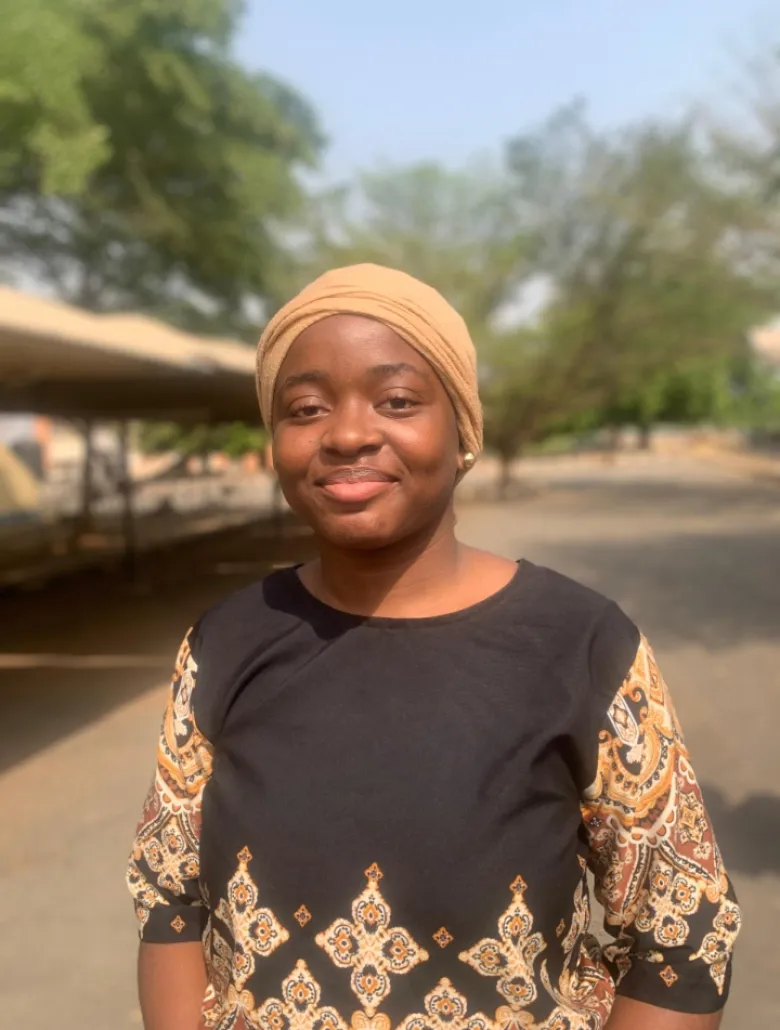In 2054, the synonym for Utopia was Africa—a world where dreams lived and breathed. No longer just a land of promise, Africa became the Continent Of Dreams.
Our colonial fathers knew nothing of the scars we now cover with Gucci and Fendi, woven not in Milan, but in the bustling markets of Aba. We took the fragments of their past and crafted our own future, cloaked in elegance and pride we were lit and full of steeze, yet carrying the weight of history beneath our Ankara and silk threads.
They called us broken, but we rebuilt.
They named us lost, but we found our way.
Our ancestors fought for freedom;
We fought for a legacy.
We are the black African soil,
Growing from the past into the future.
The cities danced to Amapiano with lyrics that sang innovation, where keke rides met electric cars, and marketplaces bustled with the rhythm of progress. Technology wasn’t an import; it was our invention, encoded in the languages of the motherland. Skyscrapers kissed the sky, not just monuments of glass and steel, but symbols of dreams realized. Lagos, Nairobi, Accra—they became epicenters of creativity, the new hubs of culture and technology.
No longer did the world look to Africa for its problems; they looked to Africa for its solutions. We led the charge against climate change, planting trees instead of pipelines, building communities, empowering young minds through free for all education and creative and digital skill acquisition programs. The world came to us, not as saviors, but as students, eager to learn how we transformed adversity into opportunity.
The air buzzed with the sounds of Afro-beats and soulful poetry, voices once silenced now harmonizing and singing songs of freedom. Our cities shone bright not from neon lights but from solar panels, capturing the sun's gift as our own.
When they asked us how we did it, we simply smiled and said:
"We didn’t wait for a seat at the table; we built our own and made it the hottest spot in town."
We laughed, adding,
"We are Africa, no cap!"







